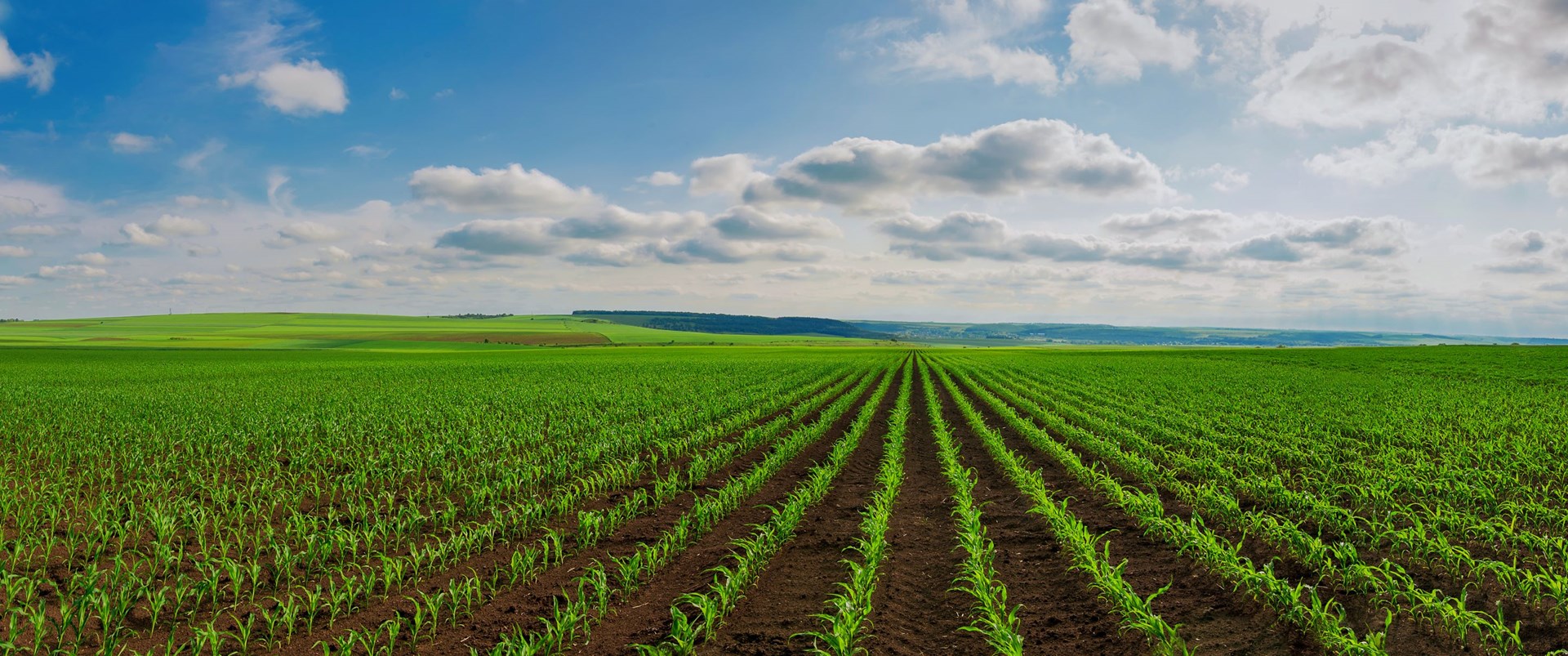
Composite materials, such as fibre reinforced polymer (FRP), are widely used in today’s aeroplanes, cars, wind turbines and ships. But these composites are largely derived from oil, a non-renewable raw material.
We need to accelerate innovation and lock-in sustainability at the design stage by looking at the materials we are selecting to make composites. This is essential if we are to future-proof our products.
Materials derived from renewable resources need to be identified, investigated and trusted across engineering applications.
What we are doing
There is a wide perception in industry that bio-derived materials will result in lower performance products limited to niche applications. As such, our work in this area will focus on:
- establishing and promoting alternative and more sustainable best practice
- capturing materials data and improving design for sustainability
- demonstrating bio-derived systems with tangible improvements to sustainability credentials
- showcasing the inherent advantages some bio and natural materials possess
- promoting our manufacturing capabilities to support the materials supply chain.

Bio-Bolster project
The world’s non-renewable fossil fuel supply – used to manufacture many traditional materials – is running out. In order to future-proof the use of composites, more sustainable routes to manufacture need to be explored. This can be achieved through using bio-derived materials, which are naturally sourced, renewable, and often abundant in supply.
The Bio-Bolster project explores bio-derived resins for high-volume, high-value manufacturing applications, and includes developing an understanding of supply chains, design requirements and performance characteristics to produce a novel resin with less impact on the environment.


